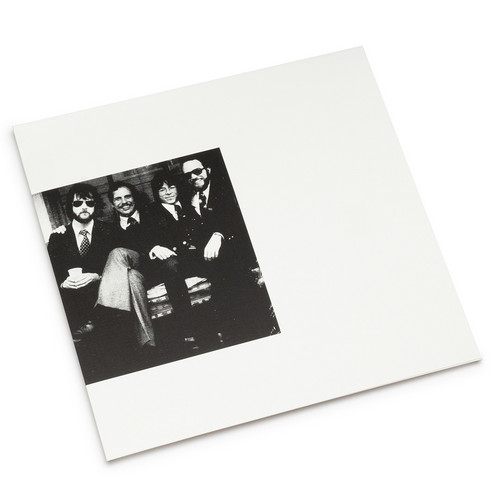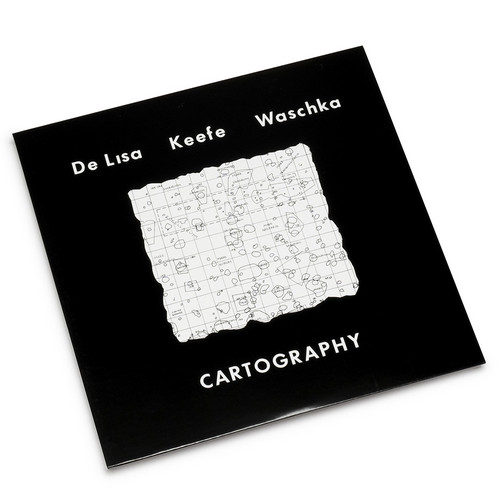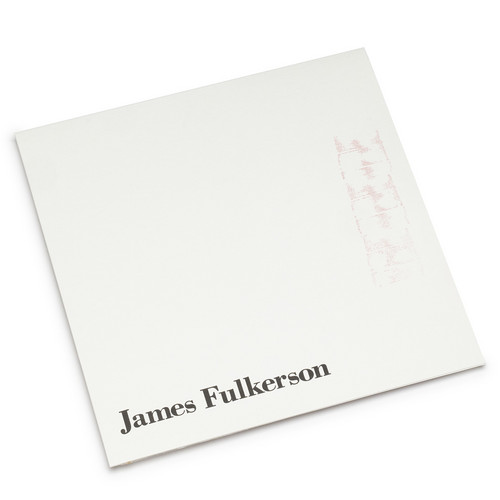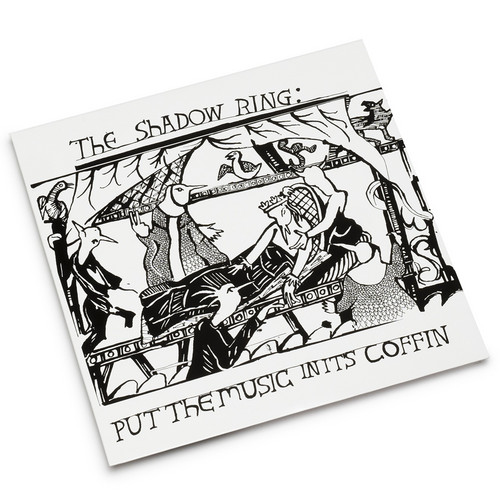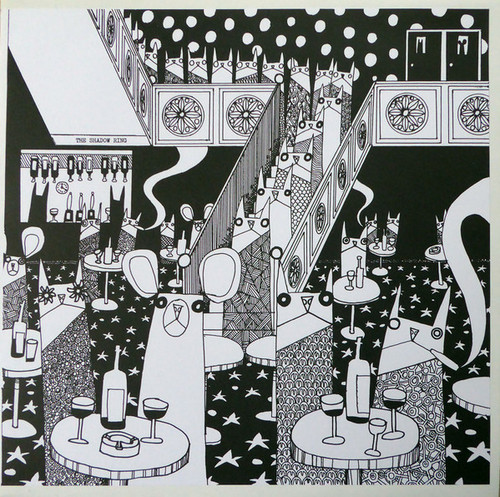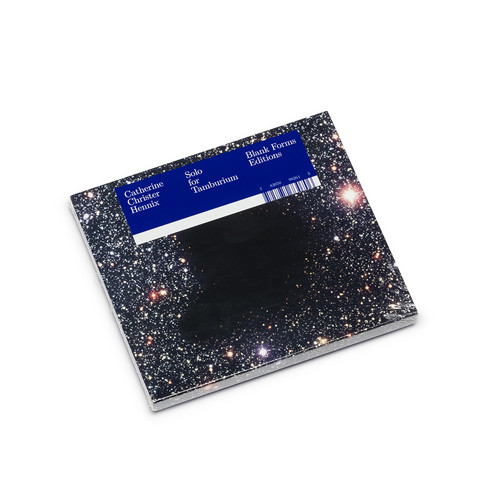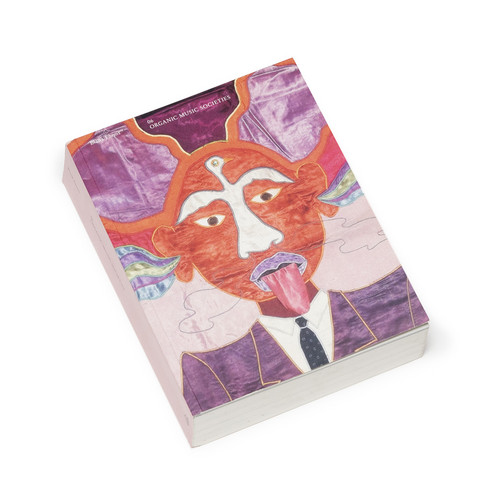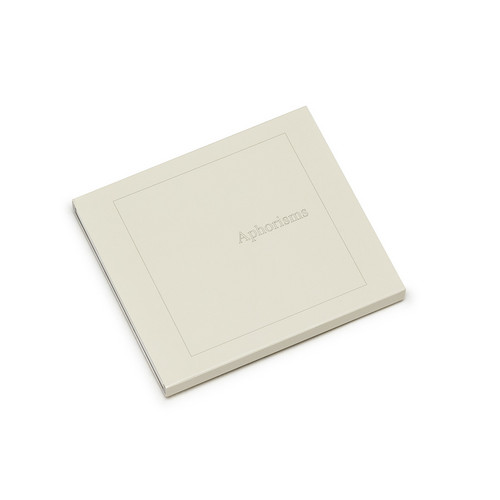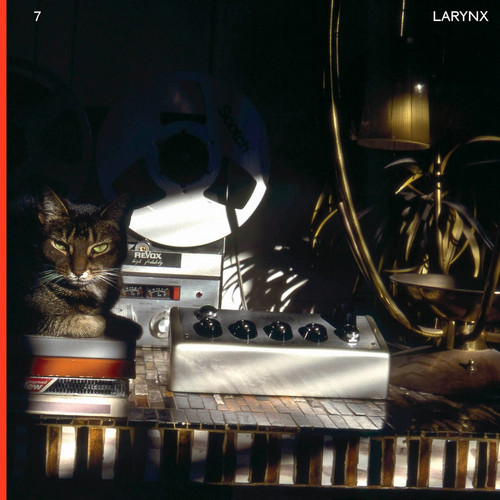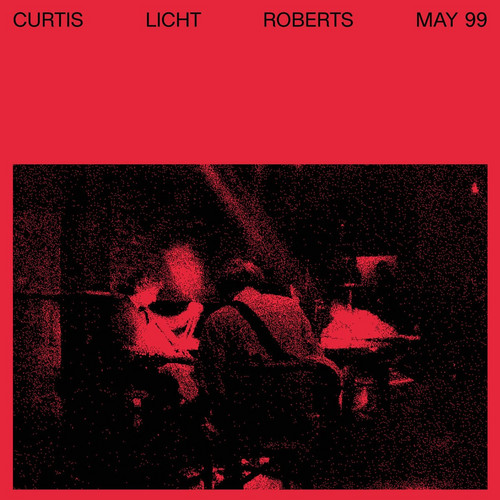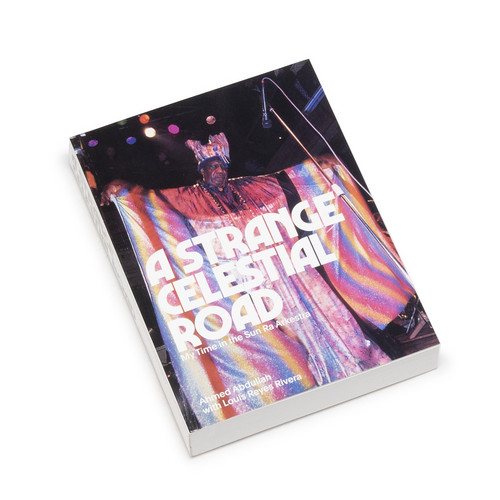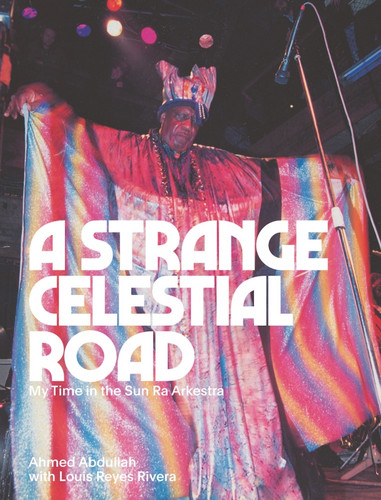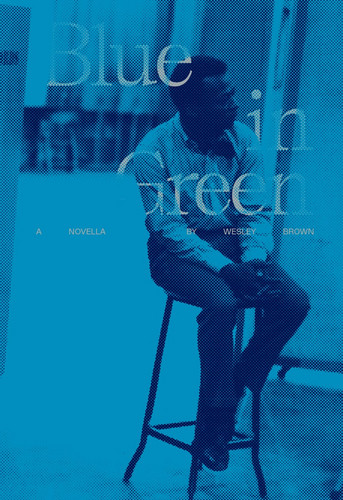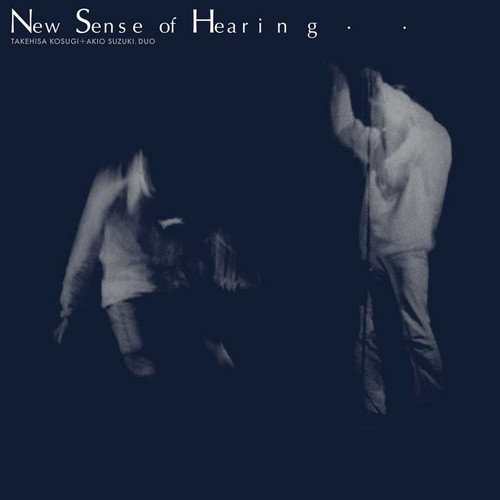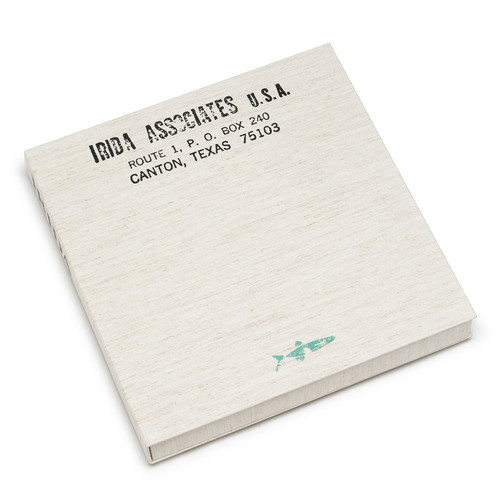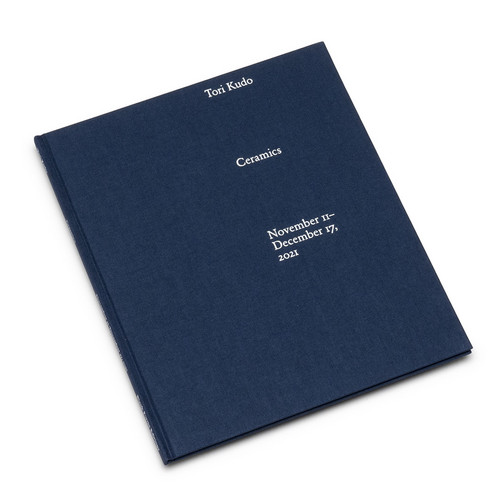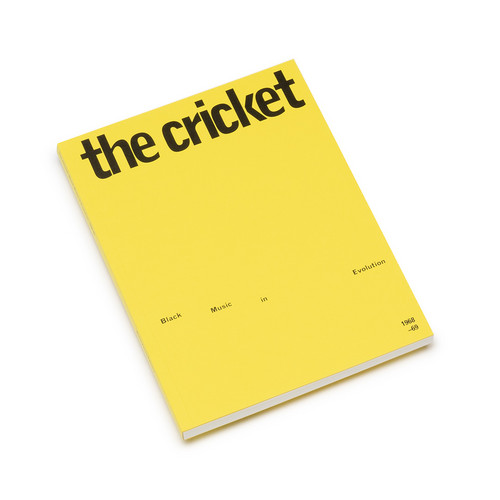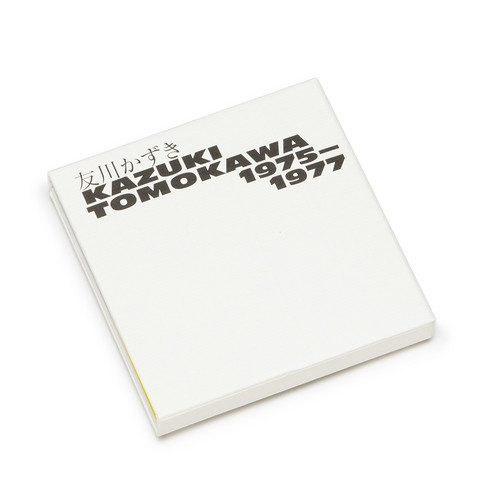★Blank Forms
Music Of BL Lacerta
Tip! Music of BL Lacerta is an album of spontaneous music featuring two live performances, one at the University of North Texas art gallery and one at the Second National Tuba-Euphonium Symposium-Workshop, and a stray studio recording done at a facility in Lexington, Kentucky. The collective BL Lacerta, whose name is derived from a distant astronomical constellation, formed in 1976 (Lacerta also translates to “lizard,” accounting for the group’s reptilian cartoon logo). They began as classical m…
Cartography
“Mapping” here refers to the interest of composer Larry Austin (1930–2018) in the adaptation of external structures (such as mathematical figures or shapes observed in nature) for the purpose of generating compositional material. This concern was shared by his PhD composition students at the university of North Texas, three of whom—Rodney Washka II, Gene De Lisa, and Robert Michael Keefe— are represented on Cartography. Each experimented with the possibilities of the Synclavier digital music sys…
James Fulkerson
James Fulkerson’s release on Irida, Works (IRIDA 0017, 1980), is the first collection of the trombonist’s own compositions, all of which he had written and developed in the mid-’70s. Just as Jerry Hunt had done with Cantegral Segment(s), Fulkerson problematized the presentation of his work as a record in the liner notes, where he noted the complex and intense relationship he had developed with the pieces over countless concerts and rehearsals: “I was overwhelmed with the sense of disparity betwe…
Put The Music In It's Coffin
Throughout their legendary, decade-long run, The Shadow Ring were an enigmatic force on the international musical sub-underground. Before their disbandment in 2002, this shambolic rock outfit, formed by a group of rowdy teenagers in southeast England, left behind a mighty run of eight LPs, a handful of 7"s, and a spate of raucous live shows and cryptic zine appearances on both sides of the Atlantic, all which have bolstered their enduring word-of-mouth mystique. Beginning this year with the firs…
City Lights
Throughout their legendary, decade-long run, The Shadow Ring were an enigmatic force on the international musical sub-underground. Before their disbandment in 2002, this shambolic rock outfit, formed by a group of rowdy teenagers in southeast England, left behind a mighty run of eight LPs, a handful of 7"s, and a spate of raucous live shows and cryptic zine appearances on both sides of the Atlantic, all which have bolstered their enduring word-of-mouth mystique. Beginning this year with the firs…
Solo For Tamburium
With Solo for Tamburium, Hennix plays and manipulates recordings of her precisely tuned and continuously sustained tamburas through a keyboard interface, fusing tones into psychoacoustic textures in the style of her early modal works
Neo Seven
Neo Gibson records, performs, and produces under the alias 7038634357. Their music is characterized by its formal precision, melodic structure, and an idiosyncratic emotional tenor. Up until this point, it has been primarily self-released on small-batch CD-R’s and performed in intimate settings. Synthesized and recorded entirely on their computer, Neo Seven is their first vinyl record, and perhaps their seventh release depending on where you begin amidst their prolific and fluid output.
Within a…
Organic Music Societies
Archival documents and new writings on the intermedia collaborations of avant-garde jazz trumpeter Don Cherry and textile artist Moki Cherry
Aphorisms
** 2CD ** —Pascal Graham Lambkin (of Shadow Ring fame) returns with a long awaited epic double LP, Aphorisms, his first major solo outing since Community (Kye, 2016). Recorded mostly during the early winter months of 2022, in post-pandemic New York and post-Brexit London, Aphorisms assembles the sonic detritus of daily life into hauntingly intimate aural soundscapes. Made between Lambkin's residence in East London and Blank Forms in New York, Aphorisms superimposes the two spaces onto one anoth…
The Cat & Bells Club
140g black vinyl pressed at RTI. Insert & jacket printed at Stoughton Printing Co. Mastered by Stephan Mathieu * In 1992, under the guise of the Cat & Bells Club, eighteen-year-old Cheriton residents Graham Lambkin and Darren Harris self-released three tapes—two yellow cassettes and one pink—documenting their earliest musical efforts at S.H.P. studios (Lambkin’s bedroom in his parents’ house). The lowest of all lo-fi recordings, these tracks were laid down live, directly into a boombox with no o…
Larynx (LP)
2xLP pressed at RTI inside a tip-on jacket printed at Stoughton. Lacquer cut directly from reel-to-reel by Paul Gold. Recorded in Lary 7’s legendary apartment studio Plastikville over nearly a decade, Larynx is the first full-length retrospective of the East Village icon’s hybrid music and engineering practice. The record mobilizes 7’s array of homemade instruments, which he ‘frankensteins’ together from offcast and outmoded bits of technology. An ode to the long-lost Canal Street junk shops h…
May 99
Tip! Black vinyl, with silkscreen and insert. In the spring of 1999, Charles Curtis, Alan Licht, and Dean Roberts brought an unconventional mix of drone, improvisation, and experimental rock on an eleven-stop tour of Europe. The concept was straightforward, yet novel: each night, they would improvise a single piece while sustained sine waves played for the duration of the concert. May 99, culled from three shorter pieces recorded for a radio program at Amsterdam’s VPRO near the end of the tour, …
A Strange Celestial Road (Book, Hardcover)
In this memoir, Harlem-born trumpeter Ahmed Abdullah recounts decades of national and international touring with the Sun Ra Arkestra and charts the rise of New York loft jazz scene, offering a fascinating portrait of advanced music in Brooklyn and lower Manhattan from the 1970s through the 1990s.
A Strange Celestial Road (Book, Paperback)
In this memoir, Harlem-born trumpeter Ahmed Abdullah recounts decades of national and international touring with the Sun Ra Arkestra and charts the rise of New York loft jazz scene, offering a fascinating portrait of advanced music in Brooklyn and lower Manhattan from the 1970s through the 1990s.
Blue in Green (Book)
Hardcover, cloth binding, dust jacket The latest work from the veteran novelist called “one hell of a writer” by James Baldwin, “wonderfully wry” by Donald Barthelme, and a “writer’s writer” by Ishmael Reed, Blue in Green narrates one evening in August 1959, when, only eight days after the release of his landmark album Kind of Blue, Miles Davis is assaulted by a member of New York City Police Department outside of Birdland. In the aftermath of Davis’s brief stint in custody, we enter the straine…
New Sense of Hearing
Tip! CD Edition. Available from Blank Forms for the first time since its original 1980 release on ALM-Uranoia, New Sense of Hearing documents a collaboration between Takehisa Kosugi and Akio Suzuki, two luminaries of Japanese experimental music in the lineage of Fluxus. Blank Forms’s high-quality reissue of the sought-after, long out of print LP, is produced by musician-artist Aki Onda and mastered from the original tapes recorded on April 2, 1979, at Tokyo’s Aeolian Hall.
Described by Suzuki …
Irida Records: Hybrid Musics from Texas and Beyond, 1979–1986
An incredible set of vinyl reissues explores the unfolding sonic fiction of Texan composer Jerry Hunt and others affiliated with his Irida label.
Ceramics
Following last year's presentation of Tori Kudo's ceramics at our Brooklyn gallery space, Blank Forms publishes the exhibition's accompanying limited-edition catalog. With images captured on film by musician and photographer Lary 7, Tori Kudo: Ceramics documents the work displayed in the artist's first exhibition in the United States. Designed by Alec Mapes-Frances and available exclusively at Blank Forms, this hardcover art book features thirty color photographs of the vessels with Kudo's comme…
The Cricket: Black Music in Evolution, 1968–69
A rare document of the 1960s Black Arts Movement featuring Albert Ayler, Amiri Baraka, Milford Graves, Sun Ra, Cecil Taylor, and many more, The Cricket fostered critical and political dialogue for Black musicians and writers. Edited by poets and writers Amiri Baraka, A.B. Spellman, and Larry Neal between 1968 and 1969 and published by Baraka's New Jersey–based Jihad productions shortly after the time of the Newark Riots, this experimental music magazine ran poetry, position papers, and gossip al…
Kazuki Tomokawa 1975–1977
Tip! A poet, soothsayer, bicycle race tipster, actor, prolific drinker, self-taught guitarist, and living legend of Japanese sound, Kazuki Tomokawa catapulted into Tokyo’s avant-folk scene in the mid-1970s, forging a sound and sensibility marked by throat-wrenching vocals and searing ennui. Among his musical peers in postwar Japan, Tomokawa distinguished himself as a pioneer of radical individualism. He had “the personality of a hydrogen bomb”—as the notorious ultraleft band the Brain Police on…
